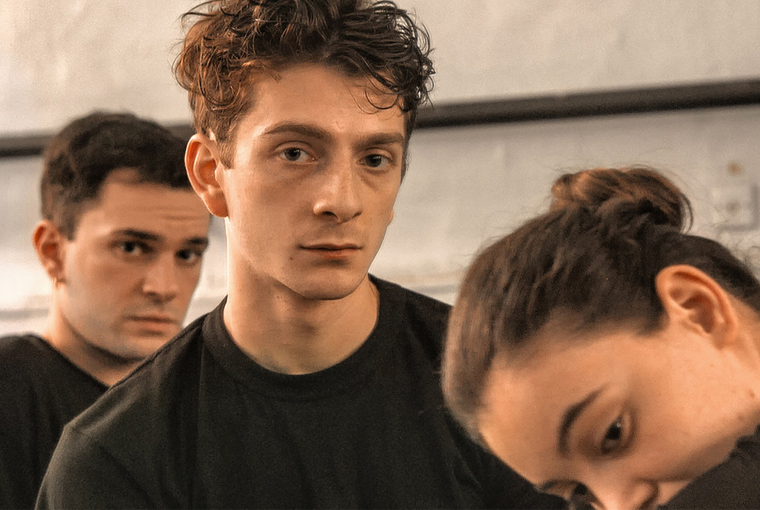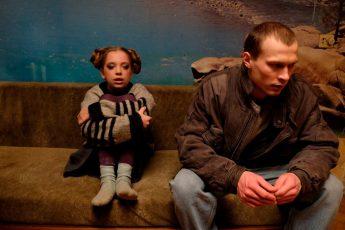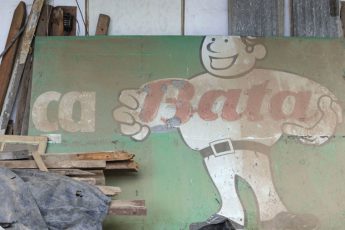
At the recent Rotterdam Film Festival, EEFB’s Anastasia Eleftheriou joined a panel on the growing interdependencies between film festivals and film criticism. The scheduling of this event could be taken to attest either the festival team’s sensibility for the issues of our time, or, on a more cynical reading, the resilience of structural issues when brought out by self-reflexive analysis. Either way, the issue the panel was summoned to address is one our journal has not only dealt with intellectually, but which it faces in very practical terms. As a semi-academic publication generating virtually no income, we have been reliant on festival invitations to at least cover transport and accommodation. Even traditional journalistic outlets, however, have recently been unable or unwilling to dispatch correspondents to festival events – at least when it comes to film critics as opposed to the photographers and reporters spying out the red carpet. Whether festivals explicitly pressure partnering media outlets into framing their coverage in positive terms, or not, this constellation creates yet another way in which journalism is pushed to prioritize economic over editorial considerations. How does one escape the claws of commercial pressure without entering new dependencies? For journalism in times of modern capitalism, this may well be a rhetorical question. For our journal, however, we have settled on a modus operandi that consists in communicating our editorial self-understanding as an outlet that critically reflects on rather than favorably covering cinematic culture with our readers, festival partners, and contributors. We hope that this unstable position remains a conceivable one, and that it is one you will find manifest in the material published on this website.
***
This month, we are bringing you our coverage of the Trieste Film Festival, where we did indeed cover several films we took issue with for different reasons. There was Marko Škop’s Let There Be Light, an apology for modernday machismo, Peter Kerekes’ BATAstories, which addresses all the problems of global capitalism without addressing any of them, and Levan Akin’s And Then We Danced, whose outlook on progressivism has proven very limited. We are also bringing you Isabel Jacobs’ review of Micol Roubini’s The Way to the Mountains, which appears to charge Ukrainians with historical amnesia, and a short piece on Boris Akopov’s recent crime film The Bull, which opens our 2020 focus on Russia.
We hope you enjoy our reads.
Konstanty Kuzma & Moritz Pfeifer
Editors




Leave a Comment